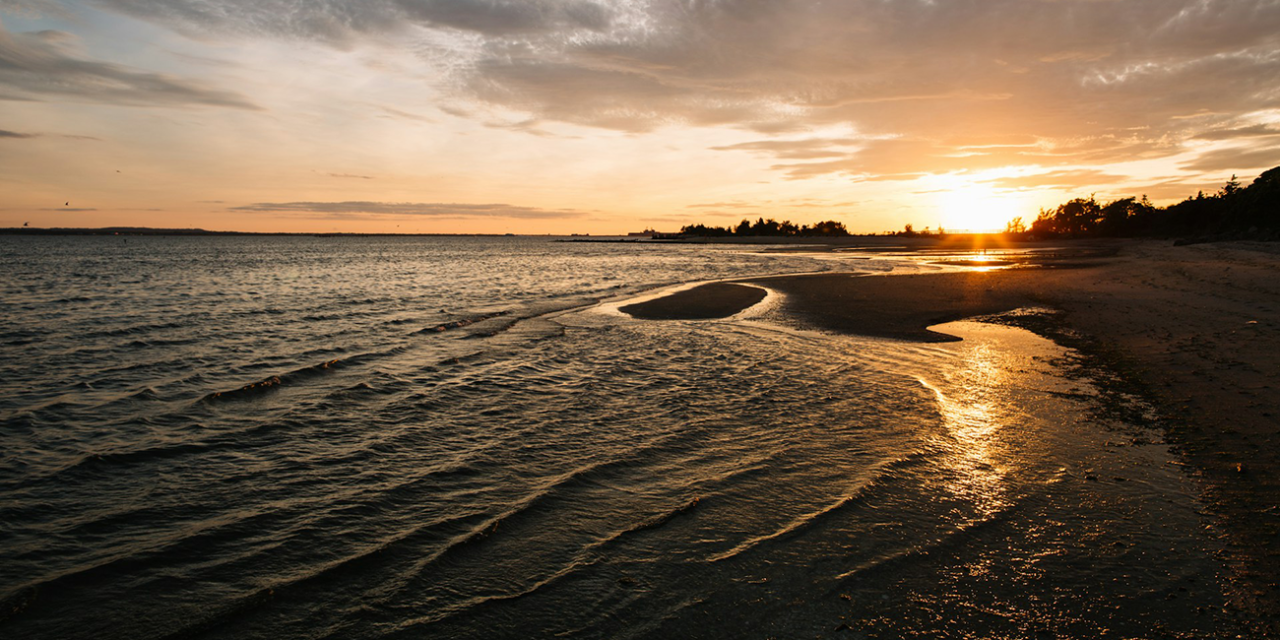New Jersey, one of the original 13 colonies, has a rich and varied history that stretches back thousands of years.
From its early indigenous cultures to its significant role in American independence and its evolution into a bustling industrial and cultural center, New Jersey’s history is a fascinating play of events, people, and transformations.
Table of Contents
Early Indigenous Cultures
Lenape Tribe
Before European contact, the region now known as New Jersey was inhabited by the Lenape people.
The Lenape, also known as the Delaware Indians, were an Algonquian-speaking tribe that lived in settled villages and engaged in agriculture, fishing, and hunting. They had a deep connection to the land and its resources and lived in harmony with their environment.
European Exploration and Settlement
Dutch and Swedish Colonization
The first Europeans to explore New Jersey were the Dutch in the early 17th century.
Henry Hudson, an Englishman sailing for the Dutch East India Company, arrived in the area in 1609. The Dutch established the colony of New Netherland, and the first European settlement in New Jersey was Bergen, founded in 1660 in what is now Jersey City.
Around the same time, the Swedes established a colony along the Delaware River, known as New Sweden. However, the Dutch eventually took control of the Swedish settlements in 1655.
English Control
In 1664, the English seized control of New Netherland, including the area that would become New Jersey.
King Charles II granted the land to his brother, the Duke of York, who in turn granted portions of the land to Sir George Carteret and Lord John Berkeley. The colony was divided into East Jersey and West Jersey, each governed separately until it was unified in 1702 as a royal colony under Queen Anne.
Revolutionary War and Statehood
Role in the American Revolution
New Jersey played a crucial role in the American Revolution.
Its strategic location between Philadelphia and New York City made it a significant battleground. Key events such as the Battle of Trenton and the Battle of Princeton were pivotal in boosting the morale of the Continental Army.
New Jersey earned the nickname “The Crossroads of the Revolution” due to the numerous battles and skirmishes fought on its soil. General George Washington’s famous crossing of the Delaware River and subsequent victories in Trenton and Princeton were turning points in the war.
Becoming a State
New Jersey was the third state to ratify the United States Constitution on December 18, 1787.
The state played an active role in forming the new nation and was influential in drafting the Bill of Rights.
19th Century: Industrialization and Innovation
Industrial Growth
The 19th century saw significant industrial growth in New Jersey.
The state’s central location and transportation infrastructure, including canals and railroads, made it a hub for manufacturing and commerce. Paterson, known as the “Silk City,” became a leading center for silk production, while other cities like Newark and Camden grew as industrial powerhouses.
Innovation
New Jersey was also a center of innovation during this period.
Thomas Edison established his famous laboratory in Menlo Park, where he invented the phonograph and perfected the electric light bulb. Edison’s work in New Jersey solidified the state’s reputation as a place of technological advancement and creativity.
20th Century: Modernization and Diversity
Suburbanization and Economic Shifts
The 20th century brought significant changes to New Jersey’s demographics and economy.
The post-World War II era saw rapid suburbanization as families moved from cities to newly developed suburban communities. This shift was facilitated by the construction of highways and the availability of affordable housing.
New Jersey’s economy diversified, with the rise of the pharmaceutical, telecommunications, and financial services industries. The state became home to many major corporations and research institutions, contributing to its economic prosperity.
Cultural Diversity
New Jersey’s cultural landscape became increasingly diverse throughout the 20th century.
Immigrants from Europe, Latin America, Asia, and other regions settled in the state, enriching its cultural fabric. Cities like Newark, Jersey City, and Paterson became melting pots of different cultures, languages, and traditions.
21st Century: Challenges and Opportunities
Economic Resilience
New Jersey has faced economic challenges in the 21st century, including the decline of traditional manufacturing industries and the impact of the Great Recession.
However, the state has shown resilience by adapting to new economic realities and investing in emerging sectors such as technology, renewable energy, and biotechnology.
Environmental Initiatives
New Jersey has also been at the forefront of environmental initiatives.
The state has implemented policies to address climate change, promote clean energy, and protect its natural resources. Efforts to clean up polluted sites and preserve open spaces reflect the state’s commitment to environmental sustainability.
Social and Political Progress
New Jersey has made significant strides in social and political progress.
The state has been a leader in advocating for LGBTQ+ rights, criminal justice reform, and access to healthcare. Progressive policies and initiatives continue to shape the state’s political landscape.
Conclusion
New Jersey’s history is a testament to its adaptability, resilience, and innovation.
From its indigenous roots and colonial beginnings to its pivotal role in the American Revolution and its emergence as an industrial and cultural hub, New Jersey has played a vital role in shaping the history of the United States.
As the state continues to evolve, it remains a dynamic and diverse place, rich in history and brimming with potential for the future.





